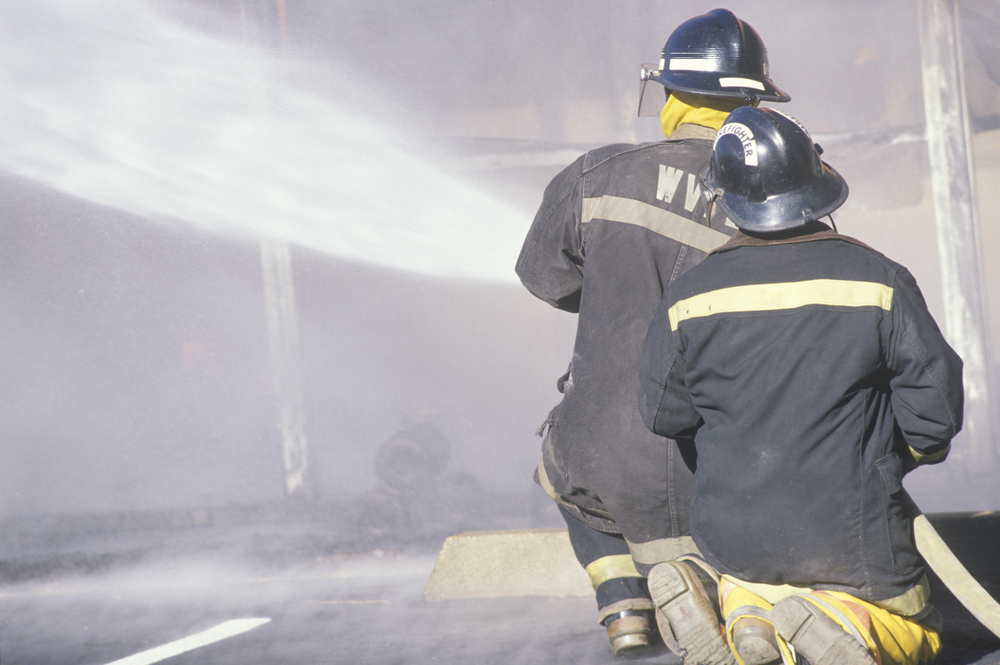
Firefighters are no strangers to battling fires year-round. With the right training, protective equipment, and team coordination, they work to expel fires in even the most unnerving scenarios. However, what happens when the heat of the fire isn’t the only thing working against them? In this article, we will examine how firefighters and their crews can remain safe while working outside in the extreme heat of summer. For this reason, it’s imperative that your clients’ Firefighter General Liability is in effect and up to date to protect their crews.
Heat cramps, heat stroke, and heat exhaustion are all serious consequences of working in such extreme temperatures. If left untreated, these symptoms can leave permanent damage- and can even prove fatal.
Prevention
Drinking as much as 3 gallons of water per day may be necessary to combat the effects of high heat. Especially when suited up in heavy gear, this amount of water is absolutely necessary. Based on a study conducted by the Israeli Defense Forces, a tepid liquid (cool, not cold) consisting of one part fruit juice and nine parts water was the best combination for rehydration because soldiers would keep drinking. Ice-cold beverages stimulate nerve endings in the back of the throat and tell the brain that thirst has been quenched, albeit prematurely, says Fire Rescue 1. This way, electrolytes can be replenished while also quenching thirst, working to fight heat stroke and exhaustion.
Treatment
Although the circumstances might be stressful, firefighters are encouraged to take a break if they feel the onset of heat cramps. As these can lead to heat exhaustion, drink plenty of cool water, take off protective gear and rest in a cool place. However, firefighters should not go back to fighting fires for at least a few hours after they have ceased, otherwise they risk experiencing more severe symptoms.
If the firefighter experiences heat stroke, call for more emergency medical assistance. In the meantime, cool him or her down immediately with a wet sheet or a heavy duty fan. Further,ore, don’t allow them to drink water or liquids until their internal body temperature comes down to at least 102 degrees.
At Provident Fire Plus, we offer custom tailored packages to best protect firefighters. We understand the risks that emergency response teams are subjected to on a daily basis, and have worked to serve these dedicated professionals for over 87 years. For more information about our products and policies, we invite you to contact our experts today at (855) 201-8880.

